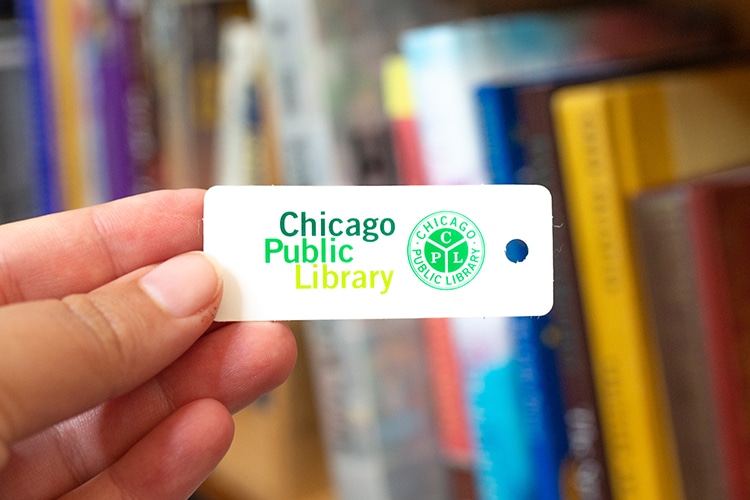
Photo: Stock Photos from SAYERA RAKHMANOVA/Shutterstock
Have you ever sorted through a pile of stuff and found a lone library book, long overdue? In a pre-Kindle world, the sinking realization of impending library fines could make any reader dread a return trip to their local library. Luckily, the Chicago Public Library system decided they no longer wanted to levy late fees for overdue materials—citing the barriers to access that even small fines can create. The policy went into effect on October 1, 2019. Outstanding fines were wiped from the record, and no new fines were charged. Now, one year later, the library is sharing the inspiring results: long-lost books that patrons are returning in droves.
After eliminating late fees in 2019, very-late books began to be returned in previously unseen volumes. About 1,650 books per month flowed in for the first five months after the policy change—a massive increase from the previous 900-a-month average. The library is grateful to have their inventory returned, but an even more exciting development was the return of library users. Of library cardholders with over $10 in fines, 11,000 renewed or replaced their cards upon the erasure of the financial burden. For some, fees might be a nuisance they would just like to avoid; for others even small amounts pose serious problems which get in the way of accessing the services public libraries provide. Public libraries remain important sites for internet access, community engagement, and—of course—book lending.
In the past, Chicago’s public libraries used the money raised from overdue media fees to help support themselves. The Chicago Public Library estimates eliminating fines cost them an annual $800,000 or $900,000 in revenue. However, the library values the increased community engagement more than the lost income. Acting Library Commissioner Mary Ellen Messner says, “Chicagoans are connecting to their community libraries and using this resource without anxiety or financial barriers to access.” Access to books has become especially important during the pandemic. While checkouts rose after the elimination of fines, the pandemic interrupted this progress. Physical book checkouts were lower than usual as the library’s branches reopened, yet digital downloads are much higher than past years.
Reading is a great way to reduce stress, encourage learning, and broaden your perspective during this time. Check out your local library today—in person or online—to learn about the resources available in your community.
The Chicago Public Library eliminated late fees for overdue media in October 2019.

Photo: Stock Photos from GNT STUDIO/Shutterstock
One year later, the library reports thousands of long-lost books and absent cardholders have returned to the library after the removal of fees, which can be a financial barrier to access for many.

Photo: Stock Photos from CLAUDIU MAXIM/Shutterstock
h/t: [Chicago Sun Times]
Related Articles:
50,000 Free Resources From the Met Museum’s Library Are Now Available to Download
National Emergency Library Provides Free Access to 1.4 Million Books Online
New York Public Library Releases List of 125 Favorite Books to Honor 125th Anniversary
New York Public Library’s App Lets You Download Over 300,000 Books for Free
